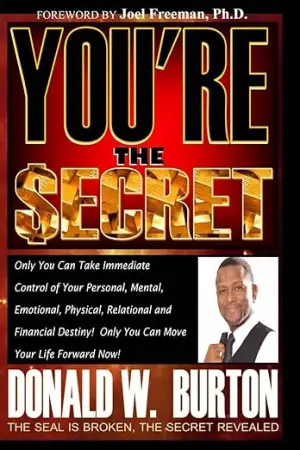I recently completed reading Do Hard Things by Steve Magness, a book that radically rethinks our understandings of toughness and resilience. As an avid reader of self-help and psychology genres, I was drawn to this title because I’ve always been curious about the concept of toughness, especially in moments of personal struggle. Magness’ approach promised not just a new way to think about overcoming challenges but also offered a scientific basis for it.
Magness, known for coaching Olympic athletes, presents a compelling case that the traditional model of toughness, which is often based on fear and the suppression of emotions, is fundamentally flawed. His insights were not only enlightening but also comforting. Do Hard Things redefines toughness through four core pillars: Ditch the Façade, Embrace Reality; Listen to Your Body; Respond, Instead of React; and Transcend Discomfort. These concepts resonated deeply with me, especially in a world that places unrelenting demands on individual performance.
Two major positives stand out to me. First, Magness draws from a rich pool of scientific research, weaving together insights from sports psychology, neuroscience, and mindfulness. As I read, I appreciated how this book lays a scientific foundation for each idea discussed, rather than simply relying on anecdotal evidence or motivational platitudes. It’s refreshing to see a narrative backed by genuine research rather than just “feel-good” advice. For example, the practical examples he provides made complex ideas easy to grasp, which is celebrated by many readers, as noted in the summary of customer feedback.
The second positive feature is the overall readability of the book. Magness writes with clarity and a conversational tone that made the content approachable. This aligns with what other readers have mentioned; many found the book not only insightful but also enjoyable to read. Nathan Rumans described it as a great perspective-shifting book that helps you slow down and navigate life’s challenges without the weight of false bravado.
However, no book is without its drawbacks, and in this case, I felt that there were a couple of weaknesses worth mentioning. One recurring critique was the lack of actionable strategies throughout the chapters. Claudia Kelly pointed this out, wishing for some clear guidance or a summary action plan at the end of each section. As a reader seeking practical applications, I partially agree with this sentiment. While the ideas are profound, I found myself wanting a more structured approach that could help me easily implement these lessons in my daily life.
Additionally, like some reviewers, I thought that individuals who expect a straightforward guide on how to “be tough” might find themselves disappointed. Shannon’s review highlights this mismatch. The book leans more into a psychological analysis than what some may anticipate as typical self-help. If you’re looking for easy-to-follow steps, this book may not meet those expectations.
Overall, Do Hard Things exceeded my expectations and has struck a chord with me, pushing me to rethink my own perceptions of resilience. Magness manages to integrate awareness of our body and mind, promoting a healthy understanding of discomfort rather than evading it. The focus on empathy and embracing reality is a crucial departure from the outdated belief that toughness equates to emotional suppression.
In conclusion, I wholeheartedly recommend this book to anyone interested in personal development or looking to foster resilience in their lives. Whether you’re a parent, coach, or simply someone navigating through tough times, Do Hard Things offers a refreshing new perspective that encourages a healthier approach to challenges. It’s perfect for those who prefer depth, intellect, and practicality over simple clichés. With an overall rating of 4.5 stars, I believe it’s a worthy addition to your reading list. Do yourself a favor and pick up a copy—you won’t be disappointed!








